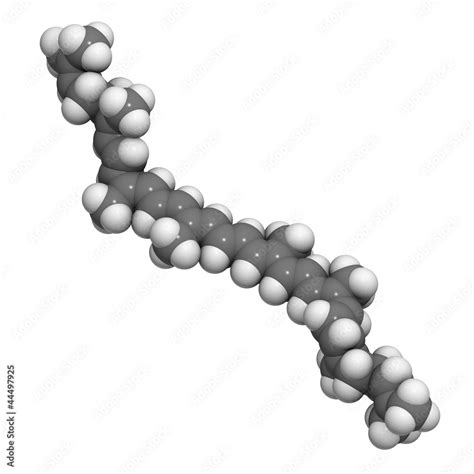Which carotenoid, commonly found in tomatoes, is particularly emphasized for men’s prostate health?

When discussing the vital role of nutrition in maintaining men’s health, particularly prostate health, one specific carotenoid consistently emerges from the vibrant world of tomatoes: Lycopene. This powerful antioxidant has garnered significant attention from researchers and health professionals alike due to its potential protective effects against various prostate conditions, including prostate cancer.
Understanding Lycopene: A Potent Antioxidant
Lycopene is a natural pigment responsible for the red and pink colors in many fruits and vegetables. As a member of the carotenoid family, it’s a fat-soluble compound and one of the most powerful antioxidants in the human body. Antioxidants play a crucial role in neutralizing free radicals, unstable molecules that can damage cells and contribute to chronic diseases, including cancer and heart disease. For prostate health, lycopene’s antioxidant prowess is particularly valuable in combating oxidative stress within the prostate gland.

Lycopene’s Targeted Impact on Prostate Health
Numerous studies have explored the link between lycopene intake and prostate health outcomes. Research suggests that men with higher levels of lycopene in their diet or in their blood may have a reduced risk of developing prostate cancer. The mechanisms behind this protective effect are thought to include its ability to:
- Reduce Oxidative Stress: By neutralizing free radicals, lycopene protects prostate cells from damage that could lead to cancerous changes.
- Modulate Cell Growth: It may help regulate cell growth and differentiation, potentially inhibiting the proliferation of cancer cells.
- Anti-inflammatory Properties: Chronic inflammation is a known risk factor for various diseases, including prostate issues. Lycopene’s anti-inflammatory actions can help maintain a healthy prostate environment.
- Improve Cell Communication: Some research indicates lycopene may enhance communication between cells, which is vital for normal tissue function and preventing uncontrolled growth.

Optimal Sources and Bioavailability
While lycopene is found in various red and pink fruits like watermelon, pink grapefruit, and guava, tomatoes and tomato-based products are by far the most significant dietary source. Interestingly, the bioavailability of lycopene—how well the body can absorb and utilize it—is enhanced when tomatoes are cooked or processed. This is because heat breaks down the cell walls of the tomatoes, releasing the lycopene and making it more accessible. Therefore, tomato paste, sauces, ketchup, and cooked tomatoes are excellent sources.
Pairing lycopene-rich foods with a small amount of healthy fats (like olive oil in a sauce) can further improve absorption, as lycopene is fat-soluble.

Integrating Lycopene into Your Diet
Incorporating more lycopene into your diet is simple and delicious. Here are some practical tips:
- Enjoy tomato-based sauces with pasta, chicken, or vegetables.
- Add sliced tomatoes or sun-dried tomatoes to sandwiches and salads.
- Drink tomato juice (low sodium options are best).
- Include dishes like shakshuka, minestrone soup, or chili that feature cooked tomatoes.
- Snack on watermelon or pink grapefruit.
While lycopene supplements are available, most health experts recommend obtaining nutrients from whole foods whenever possible, as they provide a synergistic blend of vitamins, minerals, and other beneficial compounds.

Conclusion: A Key Nutrient for Men’s Health
Lycopene stands out as a crucial carotenoid for men’s prostate health. Its potent antioxidant and anti-inflammatory properties, coupled with its ability to influence cell growth, make it a valuable component of a prostate-healthy diet. By regularly consuming cooked tomatoes and other lycopene-rich foods, men can proactively support their prostate health and contribute to overall well-being. Always consult with a healthcare professional or a registered dietitian for personalized dietary advice, especially concerning specific health conditions.









